Research Associate
European University Institute, Florence

Machteld Venken is a Professor of Contemporary Transnational History at the Luxembourg Centre for Contemporary and Digital History (C²DH) and Head of its Research Area on the Contemporary History of Luxembourg. She studied Slavic Languages and Cultures, European Studies and History in Belgium, Poland and Ukraine. Venken earned her PhD in 2008 at the Catholic University of Leuven (Belgium) and her habilitation in 2018 at the University of Vienna (Austria). She has been a Principal Investigator of nine research projects funded in five European countries. Her main research interests are transnational, transregional and comparative histories of Europe, migration, borderlands, oral history, the history of families and children, and citizen science.
European University Institute, Florence
University of Lorraine, France
University of Luxembourg
Innoviris Brussels, Belgium
Imre Kertesz Kolleg – Friedrich Schiller University, Jena (Germany)
Austrian Science Fund (FWF)
Austrian Science Fund (FWF)
Austrian Science Fund (FWF)
Polish Ministry of Sciences and Higher Education
The College of Europe Natolin Campus, Warsaw
German Historical Institute, Warsaw
Exceptional Research Fund of Catholic University of Leuven
Warsaw University with scholarships from the Flemish Community, the Polish State, Warsaw University and the Polish History Museum
Institute for Russian History in Moscow, the Russian Academy of Sciences
Catholic University of Leuven, Flemish Fund for Scientific Research
Several short research stays, Warsaw University
Modern and Contemporary History
Borderland children in Europe (1871-1940)
University of Vienna, Austria
Doctoral Student in History
Straddling the Iron Curtain? Migrants' War Memories
Catholic University of Leuven, Belgium
Central and Eastern European Studies
Magna cum laude
Jagiellonian University, Poland
Policy Economics
Magna cum laude
Catholic University of Leuven, Belgium
Slavic Studies
Maxima cum laude
Catholic University of Leuven, Belgium
Slavic Studies
Magna cum laude
Catholic University of Leuven, Belgium
Old Greek and Latin
Cum laude
Jesuit College Turnhout
In December 2007, the Association of Soviet Citizens' choir in Belgium performed the song 'Across the Steppes' at a local Christmas Market. Belgians embrace the charming vodka-drinking babushkas as ‘our Buena Vista Social Club’. They no longer focus on the propagandistic content of their Soviet songs, but on the Roma folk melodies accompanying their lyrics. Even a reference to comrade Kliment Efremovich Voroshilov, army officer and later intimate friend of Stalin, does not hinder the choir members from receiving constant praise. My own song recordings are included in my PhD thesis.
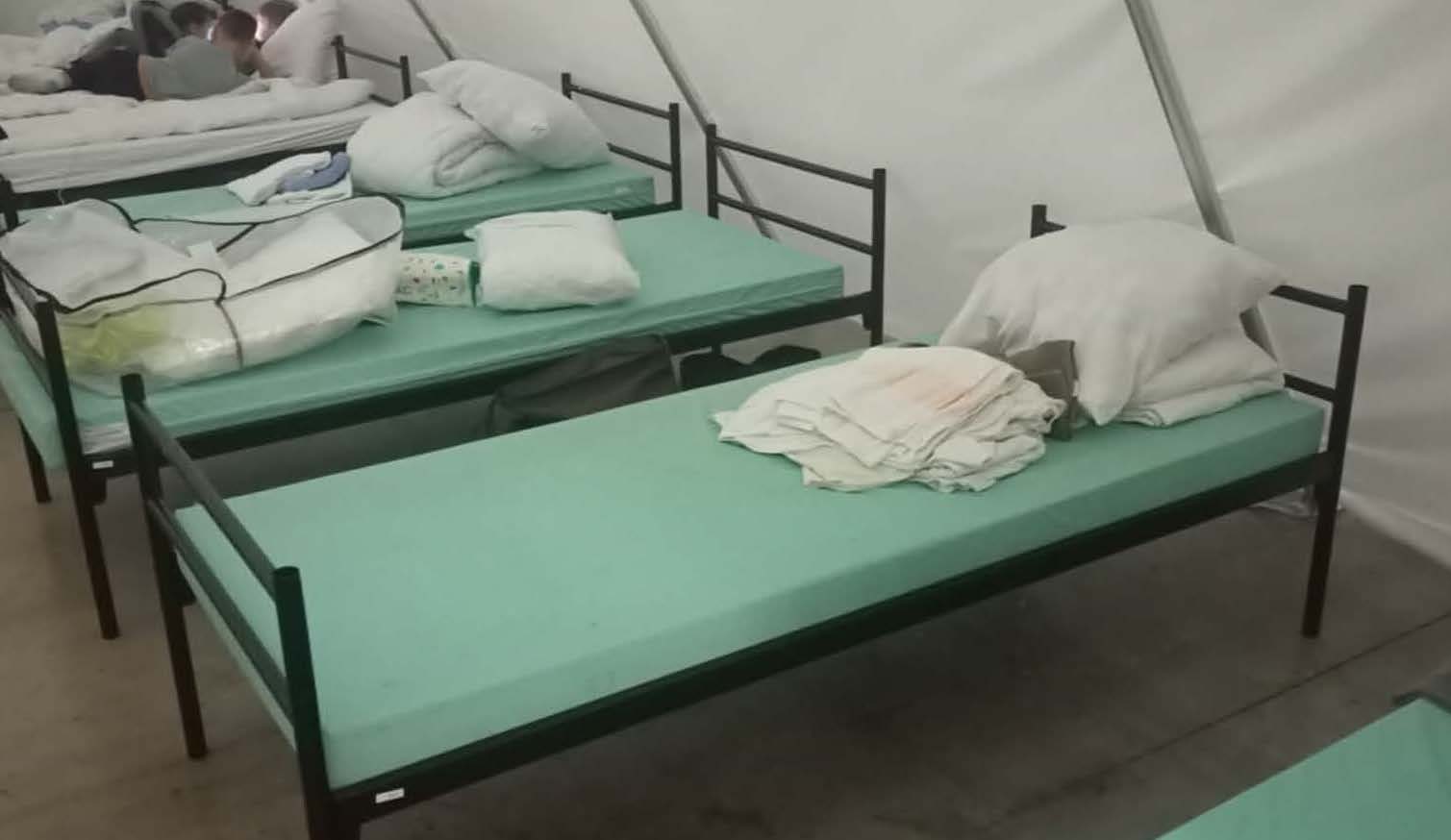
In early March 2022, loosely affiliated researchers from Ukraine, Poland, Luxembourg and the UK started documenting the wartime and refugee fate of Ukrainians. U-CORE moves from spontaneous data collection to well-structured empirical research. It researches the heuristic gesture of collecting, preserving, analysing and disclosing testimonies of the Russian invasion of Ukraine. The project includes researchers from Luxembourg, Poland and Ukraine.
This research project has received bilateral funding from FNR (Inter) and NCN (Opus) (Grant Agreement No INTER/NCN/23/17880643).More: c2dh.uni.lu

This MA course focuses on transnational European history during the Cold War and its aftermath. While discourses on the Cold War and the Iron Curtain portray a deeply divided Europe, those illuminating European integration emphasise unity and the crossing or even overcoming of state border lines. In this course we unravel contacts, connections and convergences within and between different parts of Europe from below and up close. No prior knowledge, experience or skills in transnational history, Cold War history or transformation history are required. Each lecture provides you with an abstract, information about the author and suggested reading materials from the author that will help you to deepen your understanding of the individual topics.
More: uni.lu
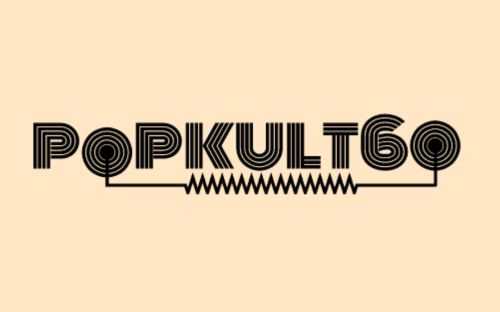
The objective of the Popkult60 project is to analyze European cultural transfers in a transnational perspective in the “long” 1960s. This Research Group is financed by the Deutsche Forschungsgemeinschaft (DFG) in Germany and the National Research Fund (FNR) in Luxembourg. The interdisciplinary team is composed of researchers from the Luxembourg Centre for Contemporary History (C2DH), the Institute for History (IHIST) at the University of Luxembourg, and the Historisches Institut (Lehrstuhl für europäische Zeitgeschichte and Lehrstuhl für Kultur- und Mediengeschichte) of Saarland University and the Bereich Interkulturelle Wirtschaftskommunikation at the Friedrich-Schiller University Jena.
More: popkult60.eu
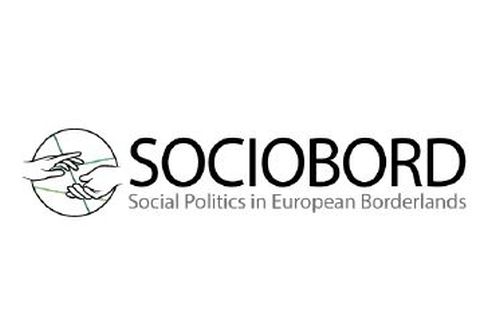
The project seeks to reframe the history of welfare and social care in modern Europe by restoring to view the contribution of families and associations to shaping welfare systems in three borderland regions of north-western, eastern, and south-eastern Europe from the 1870s till the 1990s. The project goes beyond the role of municipalities in welfare, which has been the object of extensive research. It investigates how families and voluntary associations negotiated over entitlements to welfare, focusing in particular on support to children, veterans and working-class women.
More: sociobord.eui.eu
This project has received funding from the European Research Council (ERC) under the European Union’s Horizon 2020 research and innovation programme (grant agreement No 882549)

This project combines methodologies from border studies and citizen science in order to come to understand the potentials and limits of bringing in non-scientific expertise in the generation of knowledge. On the occasion of the 100th anniversary of the dissolution of the Austro-Hungarian Empire, the TCS experiment turns an academic conference into a site of scientific investigation where 66 non-trained experts (Bachelor students in the humanities from border regions throughout the ex-Habsburg area) met 24 trained experts (border scholars) as equals for a cross-disciplinary experiment. The TCS project asks: (1) what do borders mean to border scholars? (2) What do borders mean to young adults from the (ex-) Habsburg area? And: (3) what new knowledge does a global encounter between non-trained and trained border experts reveal?
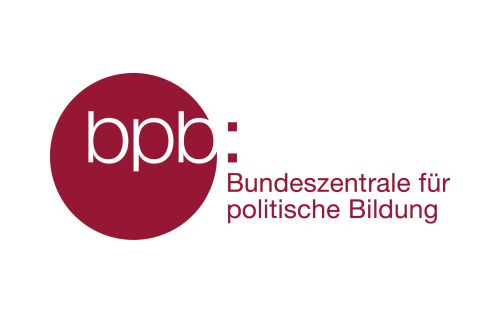
I took the initiative to organise a "global view" track on the Association for Borderlands Studies 2nd World Conference and provide an overview over the state of the arts in border research worldwide. The Global Track consisted of seven panels in total, each focuseing on processes of border-making and its consequences in a respective region. To enable the broader public, other scholars and students around the world to profit from the concentrated knowledge present at the conference, these panels were filmed and made accessible on youtube. The project was carried out in cooperation with Astrid Fellner (University of Saarbrücken) and with the support of Manuel Neubauer, Bärbel Schlimbach and Christian Leeb.
Africa:
Middle East:
North America:
Western Europe:
Latin America:
Eastern Europe:
Asia:

Autobiographies of female scientists are rare. In a Master Seminar taught at the Department of Education of the University of Vienna, students conducted biographical interviews with female scientists. The Gender Equality and Diversity Unit at the University of Vienna contacted the alumni participants to its Mentoring Program for postdoctoral female scientists. 15 interviews with interested female scientists were carried out, and 17 research papers were written. In line with the wishes of the interviewers and interviewees, some of the data were later archived in the Oral History Archiv at the University of Graz, and in the digital archive of the University of Vienna, Phaidra.
More:
wirtschaftsgeschichte.uni-graz.at
www.phaidra.univie.ac.at

This project compares nationalisation, national identifications and social life worlds of the young who grew up in European border regions of annexation in the 20th century. It selects the two case-study regions Eupen-St.Vith-Malmedy (Belgium) and East Upper Silesia (district Lubliniecki, Poland) and presents a diachronical comparison of both post-World War periods (1920/22-1939/40 and 1944/45-1960). What the project seeks to examine is how nationalisation campaigns attempted to raise the young to be full members of the nation and how the young practiced affirmation or articulated distance towards nationalisation. As such, it shows what historiography can gain from an approach centred on the young and bridges the subdisciplinary gap between Western and East Central European historiography.
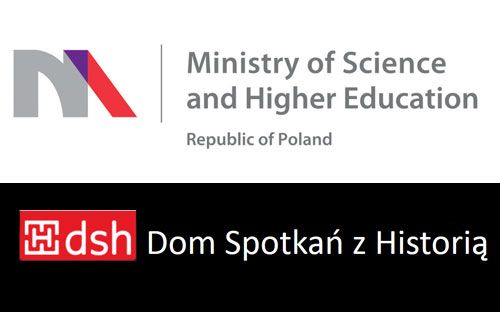
I composed a research team to gather and analyse biographical interviews with former Allied soldiers in Poland. Disguised during communism, the old men are now experiencing societal rehabilitation and are remembered as liberators of Europe. Setting up and leading this research project served to anchor me within the major Polish institutions pertaining to my field. The interviews are archived in the Center for Historical Research and Documentation on War and Contemporary Society (Belgium) and the History Meeting House (Poland).
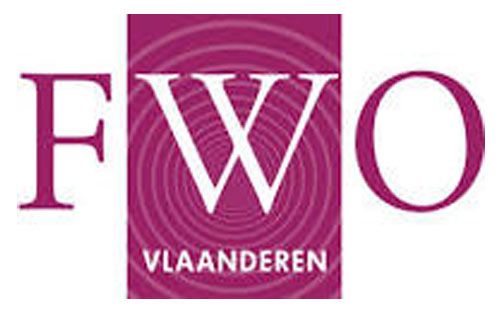
I developed a comparative and entangled history of the settlement process of Slavic immigrant men and women who entered Belgium in the aftermath of World War II. On the crossroads of living historiographical developments, my work is innovative in the fields of World War II memory, East-West relations, and migration history. During the project, I was trained as a Contemporary Historian with a pan-European focus. I conducted archival research in Belgium, Poland and Russia and carried out 24 interviews with migrants in Belgium in Dutch, French, Polish and Russian. The interviews are archived in the Center for Historical Research and Documentation on War and Contemporary Society.
University of Luxembourg
University of Luxembourg
European Research Council
University of Lorraine
Academy of Finland
University of Luxembourg
Institute for the Study of Totalitarian Regimes (Czech Republic)
University of Strasbourg
University of Luxembourg, Ecole Supérieure Normale (Paris)
University of Lorraine
University of Lorraine
University of Warsaw
University of Warsaw
University of Luxembourg
Hokkaido University
University of Victoria
Reviewed in:
Reviewed in:
Reviewed in:
Acta Poloniae Historica 106 (2012)
Conference Report:
Who dares to teach must never cease to learn - John Cotton Dana, 1912
PhD Colloquium, University of Luxembourg
University of Luxembourg
University of Luxembourg
University of Luxembourg
University of Luxembourg
MA course: University of Luxembourg
MA course: University of Luxembourg
MA course: University of Luxembourg
BA course: University of Vienna, Department of Education, 30 hours (in German).
BA Course: University of Vienna, Department of History. 30 hours (in German).
MA Course: University of Vienna, Department of Education. 30 hours (in German).
BA Guided Reading: University of Vienna, Department of History. 30 hours.
MA Tadeusz Mazowiecki Cycle of Lectures: University of Vienna, Department of History. 30 hours.
BA Guided Reading: University of Vienna, Department of History. 30 hours.
BA Course: University of Vienna, Department of History. 30 hours (in German).
BA Proseminar: University of Vienna, Department of History. 30 hours (in German).
BA Guided Reading: University of Vienna, Department of History. 30 hours (in German).
BA Guided Reading: University of Vienna, Department of History. 30 hours (in German).
MA course, Department of History. 30 hours (in English).
BA course: Jagiellonian University Cracow, Department of European Studies. 16 hours (in English).
MA Seminar (guest lectures): KU Leuven, Department of History. 4 hours (in English).
MA Seminar (guest lectures): KU Leuven, Department of History. 4 hours (in Dutch).
KU Leuven, European Studies Programme
KU Leuven, History
BA Seminar: KU Leuven, Department of History. 30 hours (in Dutch).
On ERMIONE, a digital learning platform. Students analysed original communist source materials: KU Leuven, Department of Slavic Studies, 12 hours (in Dutch, Polish and Russian).
KU Leuven, Department of History (in Dutch).
The series focuses on migration in historical context. We welcome proposals for monographs, edited volumes. Conference proceedings, and work in translation that investigate any aspect of migration on any time period and from any region of the world. We are particularly interested in submissions that explore migration in comparative perspective, investigate the memory of migration, and study migration as a process that unfolds across countries of departure, arrival, and transit.
While we welcome submissions from non-historians, we prioritize scholars who frame their work historically. The purpose of this series is to draw attention to the historical roots of current global patterns of migration and debates over its broader ramifications.
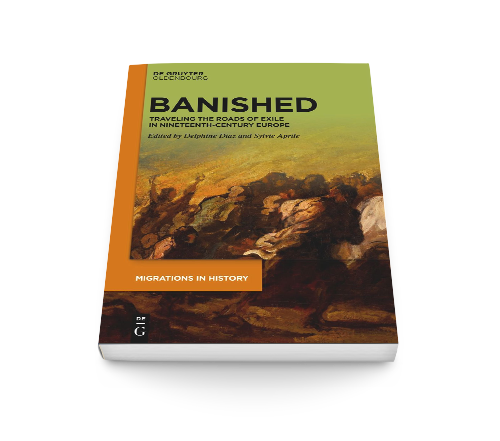
Reconsidering Cold War historiography’s focus on high politics, conflict and confrontation, this series encourages development of newer research that explores ties and similarities transcending the political divide of Europe. It also welcomes new approaches to the history of Central and East European societies under dictatorships: approaches which shed light on individual and collective agency and show high politics as only one of several factors of change.
Research in contemporary history still often mentally maps Europe as divided into a separate West and East. This overemphasizes barriers between people who often shared similar values and tastes, practices and technologies, between interrelated social phenomena or just neighboring regions. In a similar way, narratives of Central and Eastern Europe often tend toward a simplistic vision centered on high politics, conflict and confrontation of the “regime vs. society”. This overemphasizes the role of crude domination and hinders understanding of the reproduction and evolution of European communist regimes up to 1989.

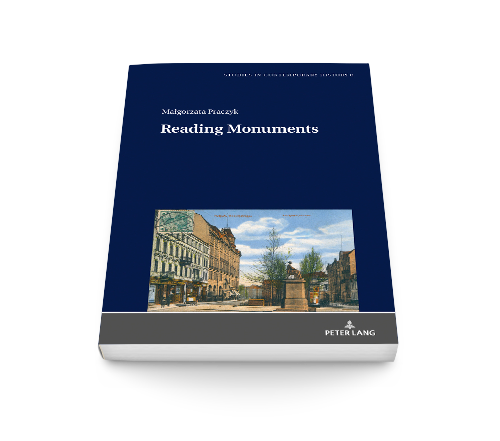
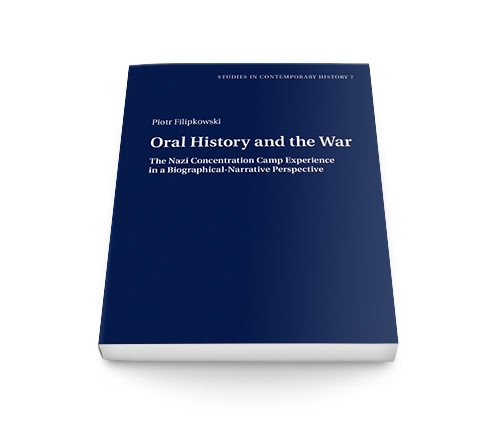
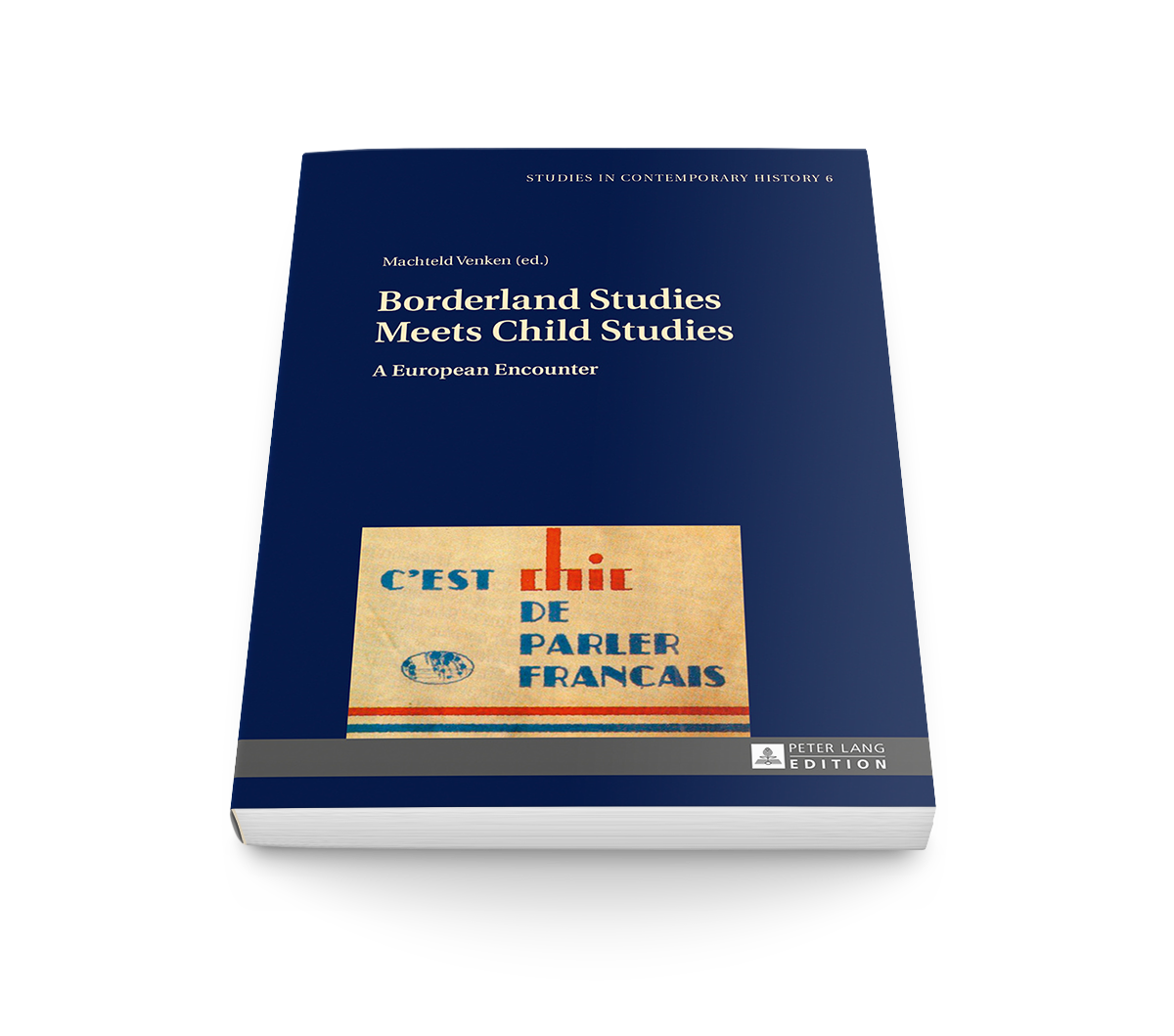
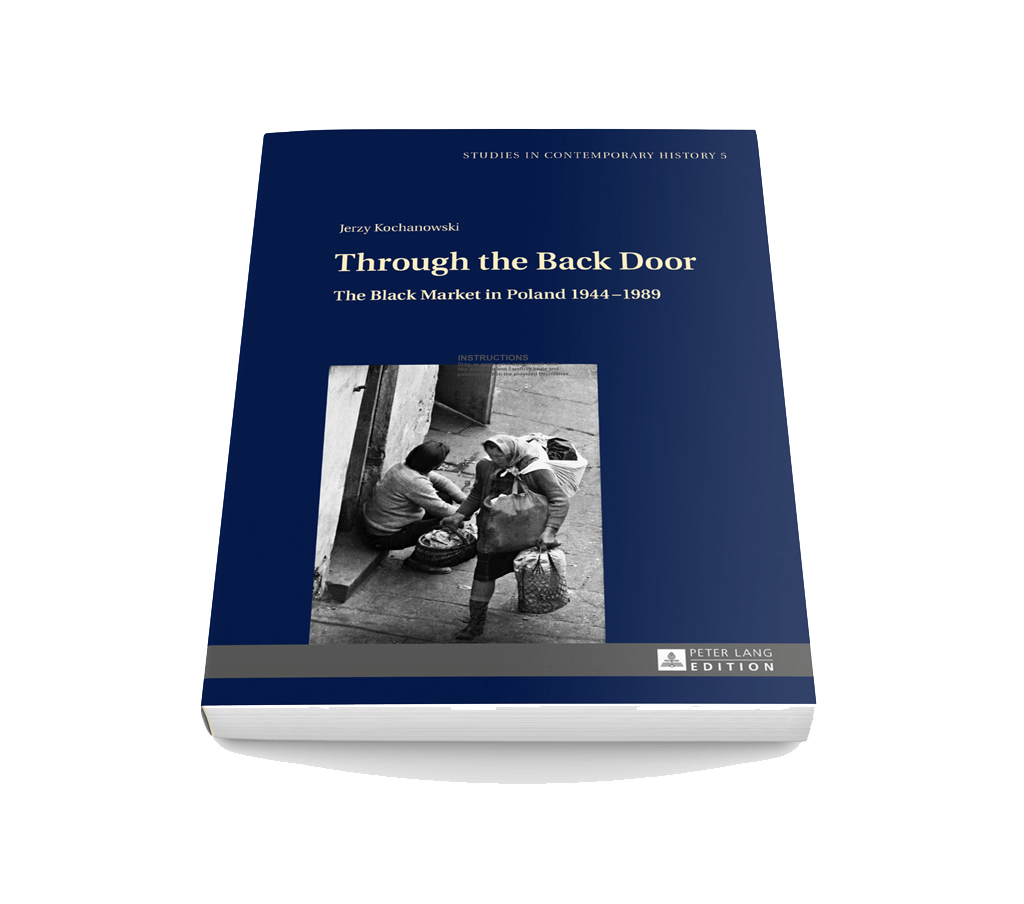
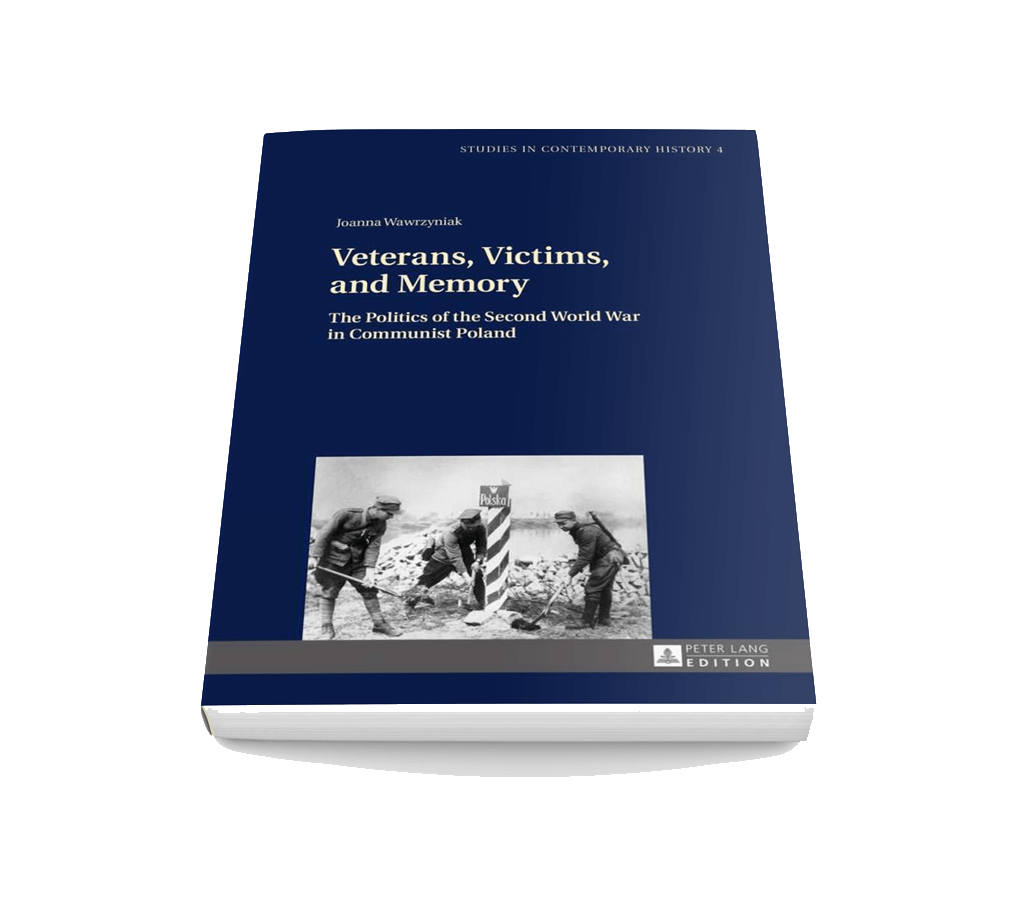

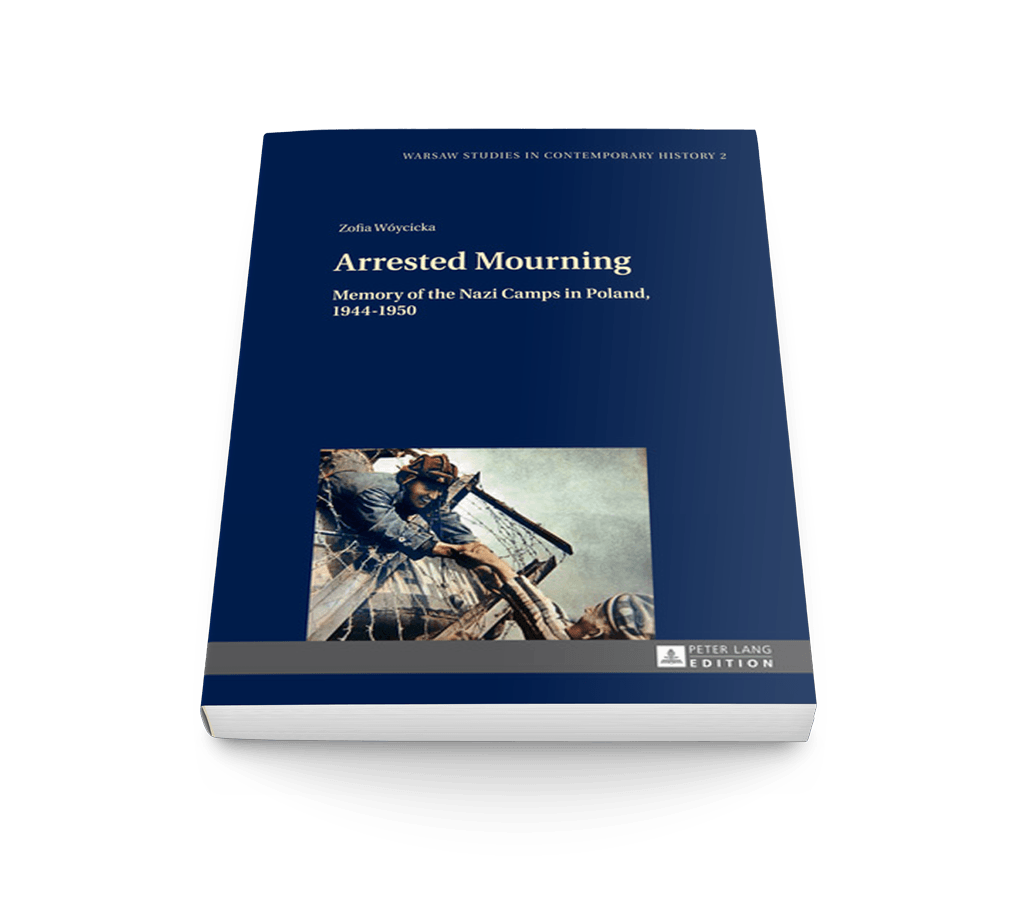
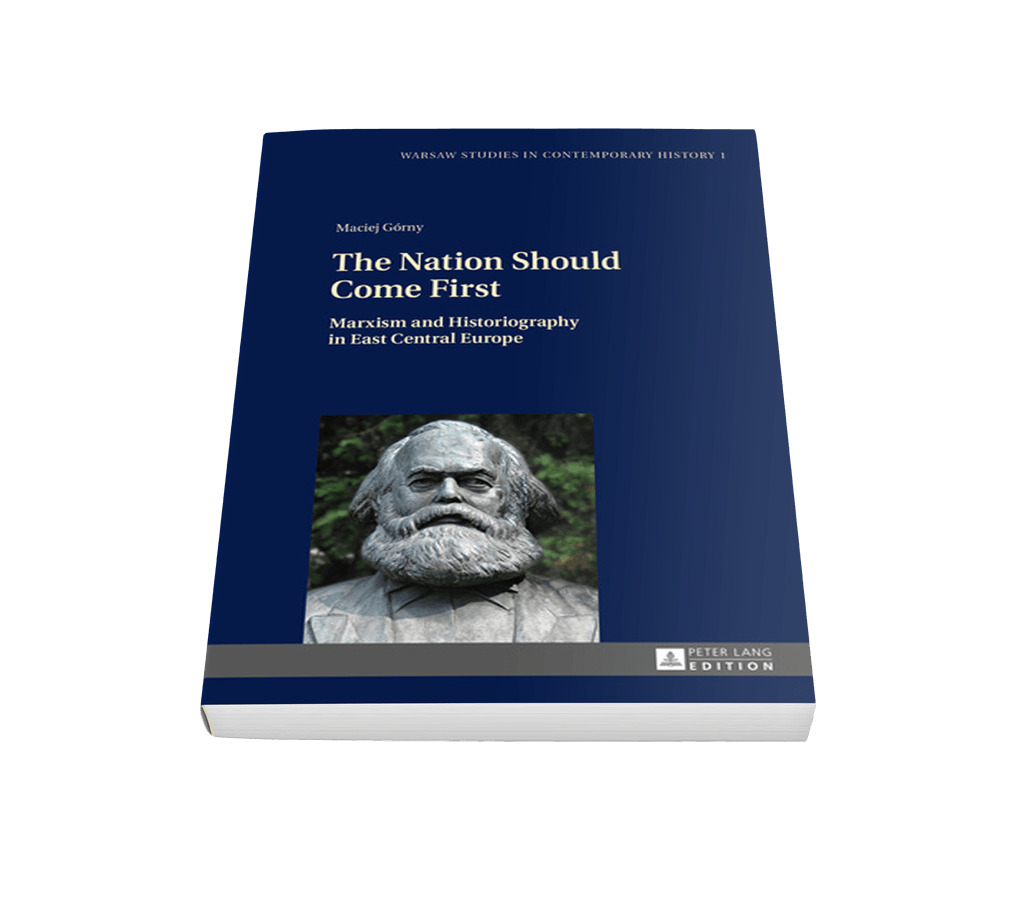
Oral history is a field of study and a method of gathering, preserving and interpreting the voices and memories of people, communities, and participants in past events. Oral history is both the oldest type of historical inquiry, predating the written word, and one of the most modern, initiated with tape recorders in the 1940s and now using 21st-century digital technologies. More…
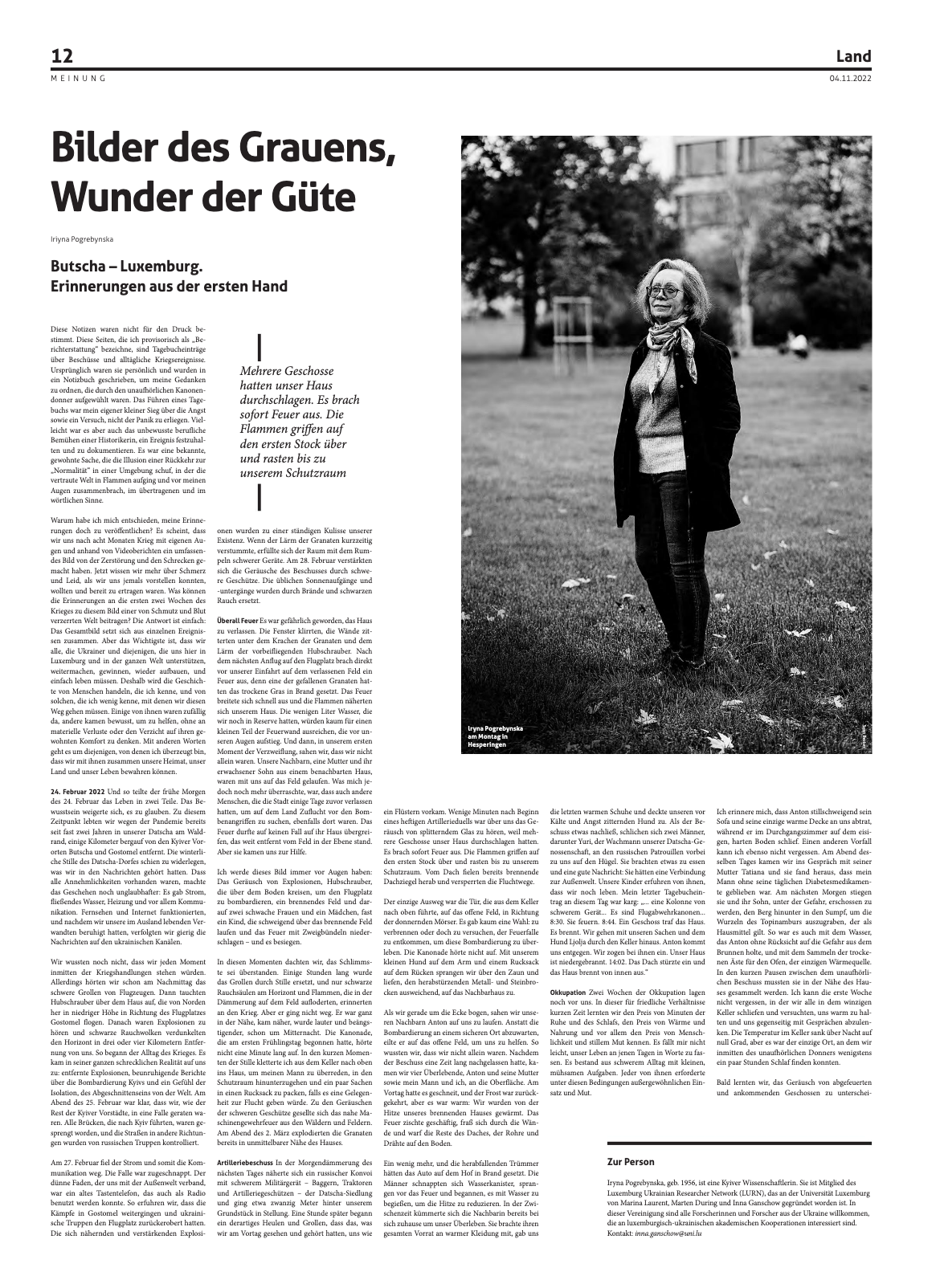
The situation in Ukraine is changing quickly and it is important to capture a snapshot of human experiences now so that it can be archived and preserved from posterity. As oral historians and scholars of cultural memory have shown, personal testimony changes significantly over time, crystalising in institutional forms and formalising in practiced verbal performance. Right now, there is an opportunity to preserve a historical record mass human displacement, resistance, and volunteering provoked by the Russian invasion of Ukraine while it is a state of lived experience. It is essential that these testimonies are archived for use for research and science communication, as well as educational and exhibition purposes.
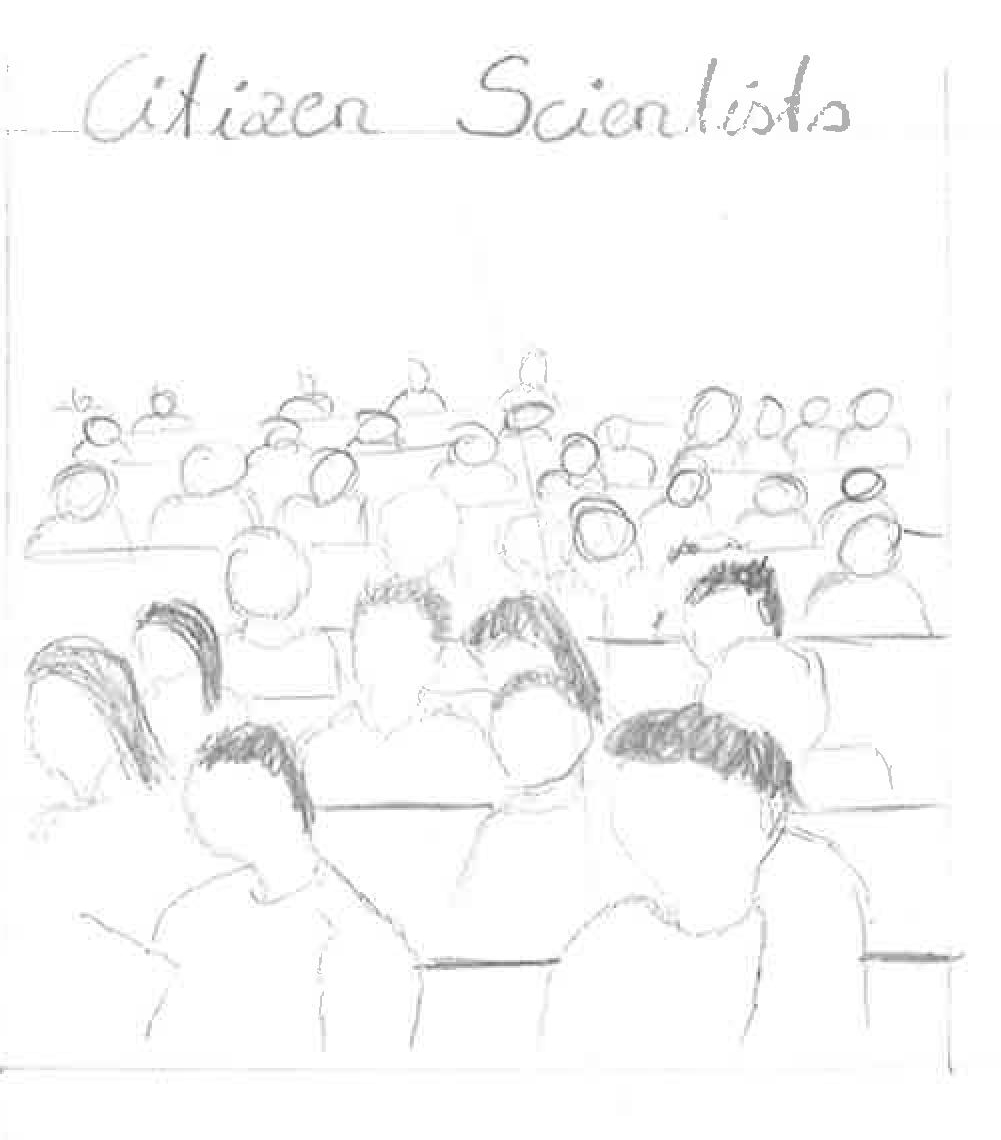
On July 10-14, 2018, the Association for Borderlands Studies (ABS) held its Second World Conference in Vienna and Budapest. The world academic conference was turned into a site of scientific investigation, where citizen scientists met border scholars as equals for a cross-disciplinary (border/citizen science) experiment. The participants engaged in face-to-face conversations answering the question: 'What does a border mean to you?'. Here you will find one example of a conversation between a border scholar and a citizen scientist.

The interviews were conducted in German and/or English by Master students from the Department of Education at the University of Vienna in 2017. The collection is archived at the Oral-History-Archiv of the University of Graz, and in Phaidra (University of Vienna).
Find out more: -> wirtschaftsgeschichte.uni-graz.at
-> www.phaidra.univie.ac.at
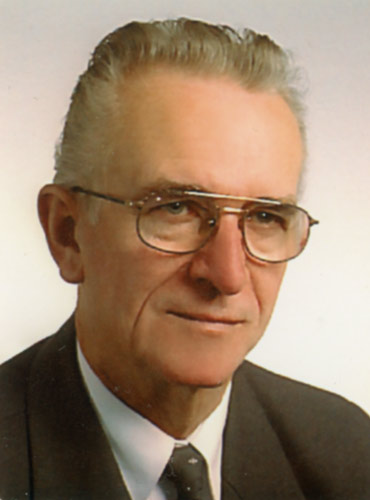
Jan Myrcik was born on 15 November 1931 in Lubliniec (East Upper Silesia, Poland). He started primary school in 1938 in Poland, continued his primary education during the annexation in German, and in 1945-46 went back to a Polish primary school. Although he relearned Polish, his knowledge of the language was not sufficient to attend a secondary school in the humanities, due to which he went to a vocational school instead. In 1948, as a member of the organisation Duty for Poland / Służba Polsce, he helped to rebuild Warsaw. Jan Myrcik became a theater instructor in the well-known Polish folklore band Ślᶏsk (Silesia) and, later, the director of the culture house in his village Koszęcin.
While being in a Polish primary school in Poland at the end of the 1930s, Myrcik signed his reading book 'Johann Myrcik'. Click to enlarge.
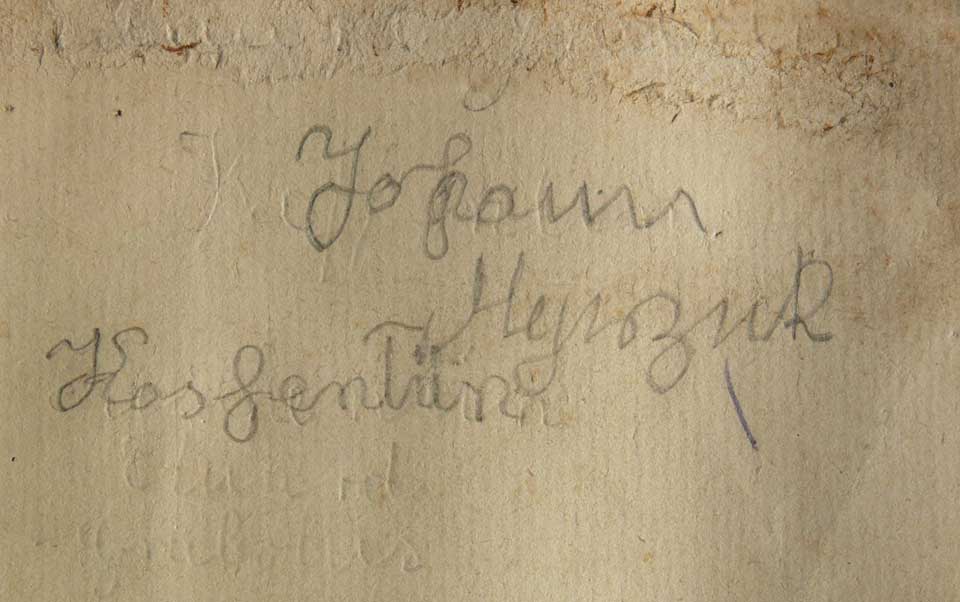
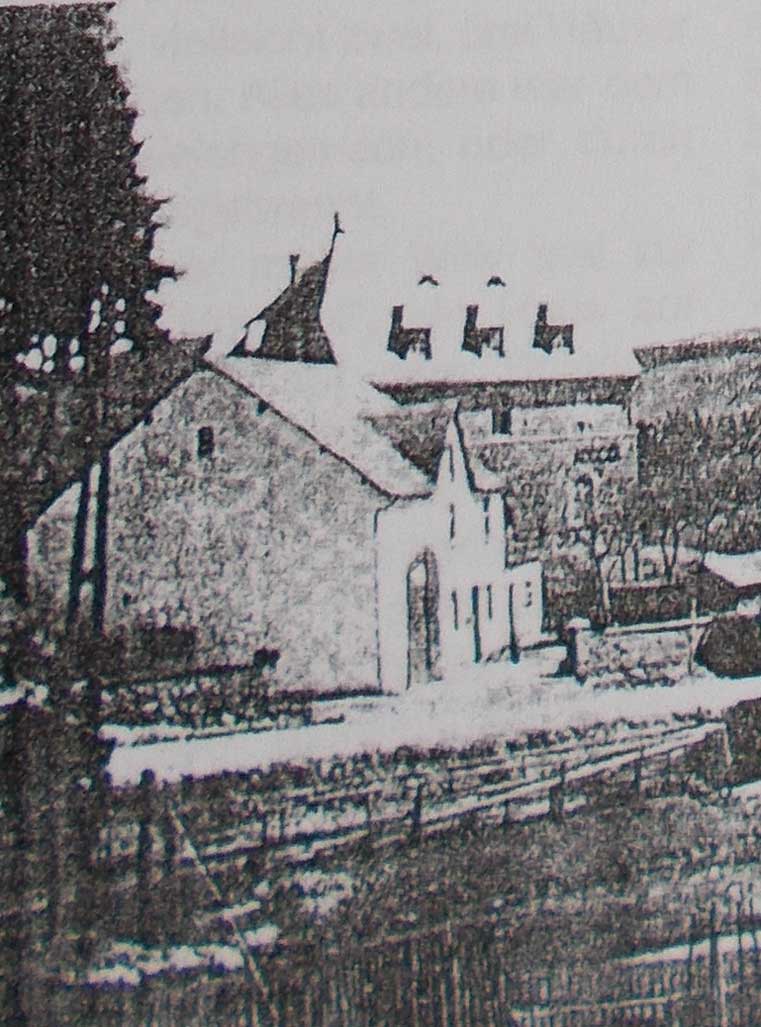
Johanna Gallo-Schmitz was born in 1937 in the village Steinebrück-Lommersweilen in the East Cantons, the Belgian region bordering Germany. The region was annexed to Germany in 1940. During Hitler's Last Offensive in the Winter of 1944, her house was bombed and Johanna lost her mother and four of her siblings. In order to make ends meet, she herded cattle and smuggled butter and coffee. Later, she was sent to serve a Belgian family in Verviers (Wallonia) and Brussels. When she married, she returned to her birth region and became a housewife.
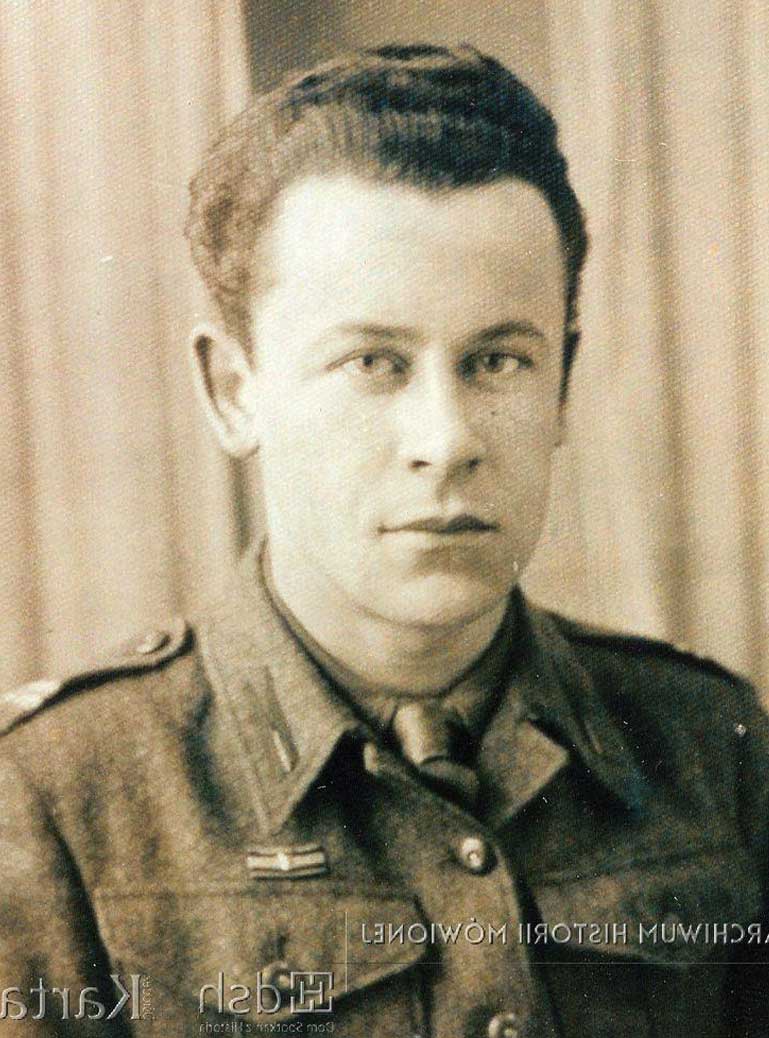
Wacław Galios was born on 30 September 1921 in Kochłowice (Poland). He went to school and worked as a clerk and a stoker in interwar Poland. When his home grounds were annexed to the Third Reich, he was called up to serve in the German Army. Wacław Galios fought not only for the Germans. In fact, he deserted and joined the First Polish Armoured Division, a Polish division fighting with the Allies for the liberation of Europe. After the war, he returned to Poland in 1947 and became a miner. In the late 1970s, he joined the Communist Association for Ex-Combatants (ZBoWiD) and with time became a board member.

Olga was born on 24 March 1927 in Soviet Ukraine, but her birth year was changed in her Belgian passport in order to enable her to marry her Belgian fiancé in 1945 and to avoid deportation to the Soviet Union. Olga met her future husband during forced labour in Germany, where she worked as an Ostarbeiterin, and he as a Political Prisoner. Olga was sterilized and remained childless. After the death of her husband, however, she married another man and became a happy stepmother. She worked as a hairdresser in La Louvière and in the late 1980s joined the Greek-Catholic Church in Belgium.

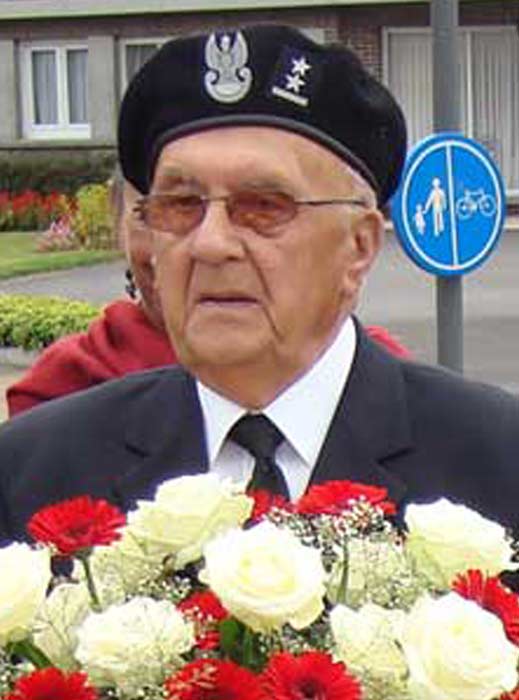
Stefan Jezierski was born on 10 December 1924 in Kalisz (Poland). He did not tell me much about his war experiences, because he joined the army before he was 18 years old and is afraid that was illegal. Stefan Jezierski served in the First Polish Armoured Division, a Polish division fighting with the Allies for the liberation of Europe. During its liberation march, he met a young woman in the Dutch-Belgian border town Baarle-Hertog. The couple married soon after the end of the war. When the division was demobilised, Stefan had a hard time to find a loophole in restrict migration policies in order to be able to join his wife and settle in Massenhoven, a town near Antwerp. Stefan Jezierski searched for the company of other Polish migrants in the early 1980s, after the death of his wife.
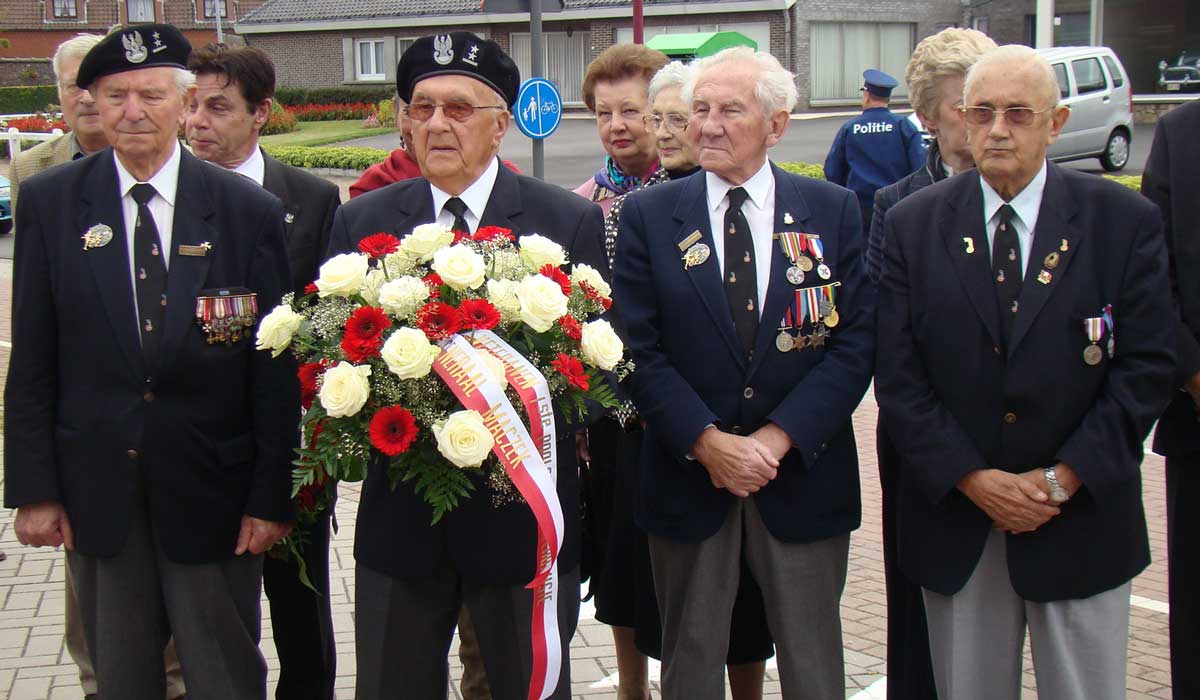
University of Luxembourg
Centre for Contemporary and Digital History